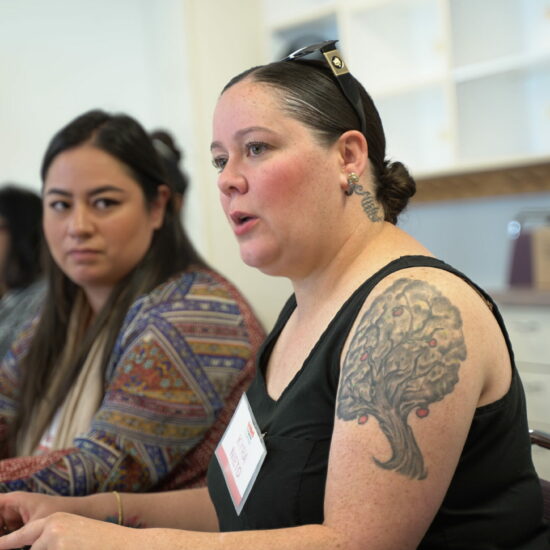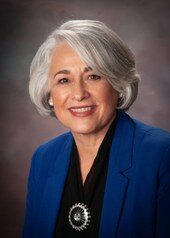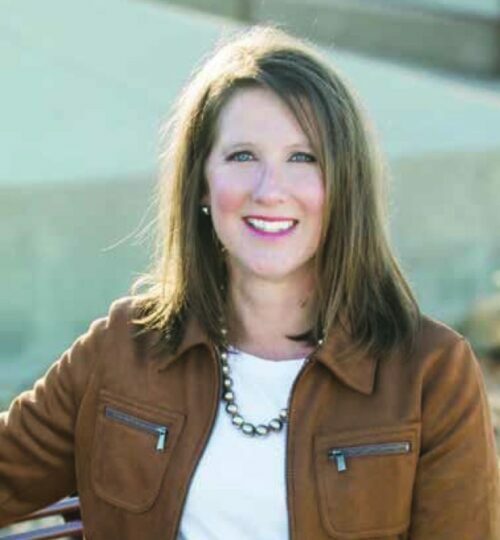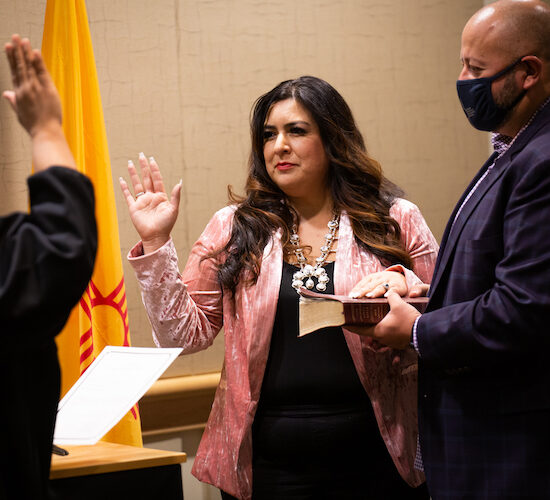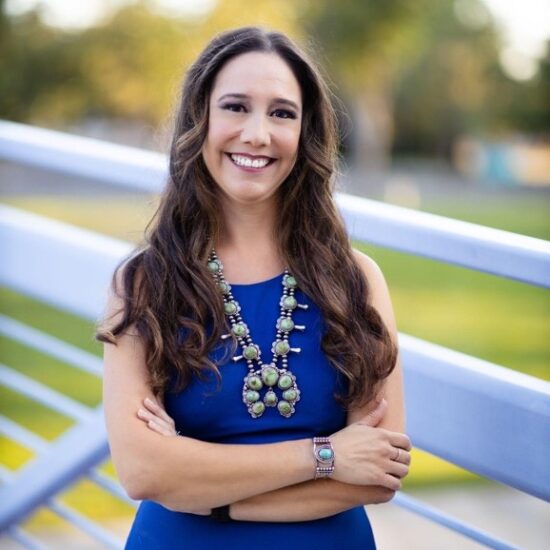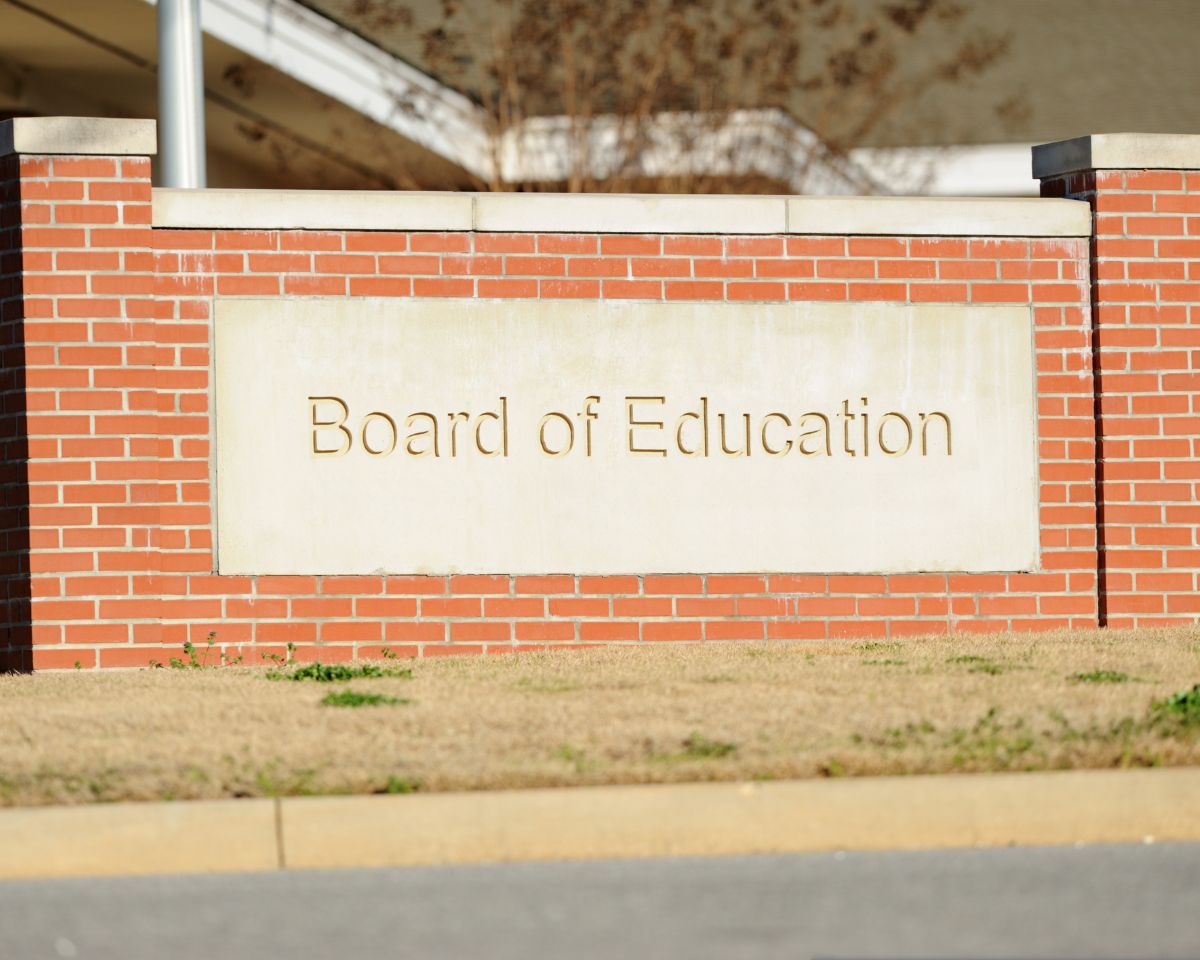
Editor’s note: This article was written by Hope Morales, executive director of Teach Plus New Mexico
We don’t know what we don’t know.
Three years ago, I was elected to the Roswell school board and currently serve as board president. Because of my training and experience—I have been in education for more than 15 years as an educator and advocate—I bring expertise on student learning, understanding data, the need for quality teacher training, and alignment between the three.
Yet, as a newly elected board member, I didn’t know what I didn’t know. Elected school board members have very specific required duties. One of these is approving budgets. The only budget I felt I had expertise in was my family’s.
Outside of that, I came to my position as board member with no consistent training or experience with financial documents, balance transfers, budgets by departments or schools, and all the in-between line items. Although our district has an excellent finance and leadership team, I want to feel confident in my training and understanding as part of my board responsibilities.
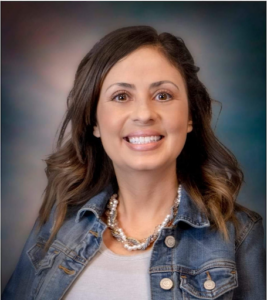
Hope Morales
Board members across the state come from a variety of backgrounds and experiences, which is essential for serving our communities. However, sometimes there are gaps in our knowledge base, which can trickle to gaps in vision, discussion, and votes.
School boards meet at least on a monthly basis to approve annual budgets and monthly bills, adopt policies, review student and program effectiveness, learn about trends in student learning, and evaluate the leadership of the superintendent. I haven’t met a board member yet, myself included, who can do all of these things on day one or even in that first year, without support.
You will often hear advocates in Santa Fe argue the need for local control, which allows for flexibility on decisions made by community leaders, based on the various strengths and needs of their community. But what happens when a board or board member doesn’t know what they don’t know?
A system that has governed our local school boards since I first attended their meetings in the audience more than ten years ago continues. Unlike state leaders who have access to full-time staff, experts, and policy analysts, school board members often depend on local resources and their own knowledge.
I’m lucky that, in my role as Executive Director of Teach Plus New Mexico, I work with many excellent, dedicated teachers who believe that if we can better train and support local school boards, schools, staff, and students will thrive.
As part of our work at Teach Plus, the teachers in our programs interviewed 10 current school board members from across New Mexico. While opinions varied on the effectiveness of the training they received, most school board members we spoke with believe that visiting schools would help them in their role, especially related to issues on which they’re likely to vote.
This is just one of Teach Plus teachers’ recommendations. The others, which I fully support, include developing a baseline of training for board members including understanding school funding, building quality local budgets, and an overview of legislative updates; bringing in experts to lead training sessions such as members of the Legislative Finance Committee (LFC) and Legislative Education Study Committee (LESC) and increasing the number of required training hours from five to 10 annually; and requiring all school board members to conduct an annual walkthrough of a school.
We need to have clear expectations and systems for accountability and support, so that no matter who serves on a school board, the New Mexico School Board Association, or the Public Education Department, the system will be set up to support all local elected school board members.
We need a system that includes better training and support for school board members so that no matter who is in charge at the state or local level, board members will be ready to serve our students and communities.


